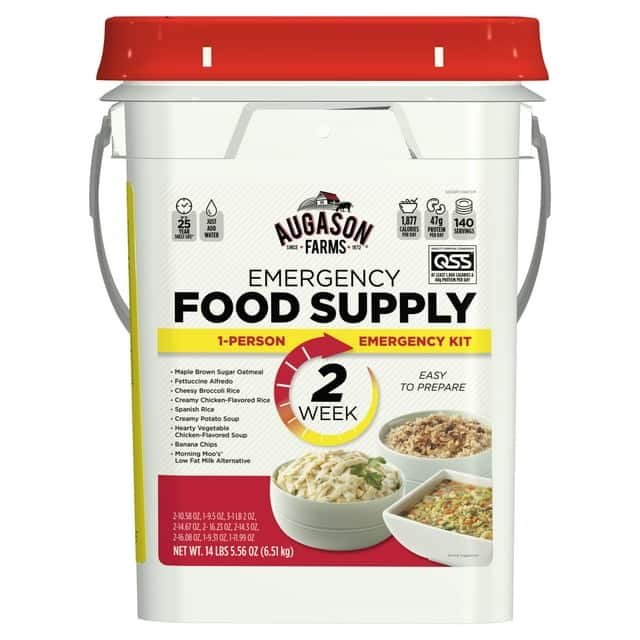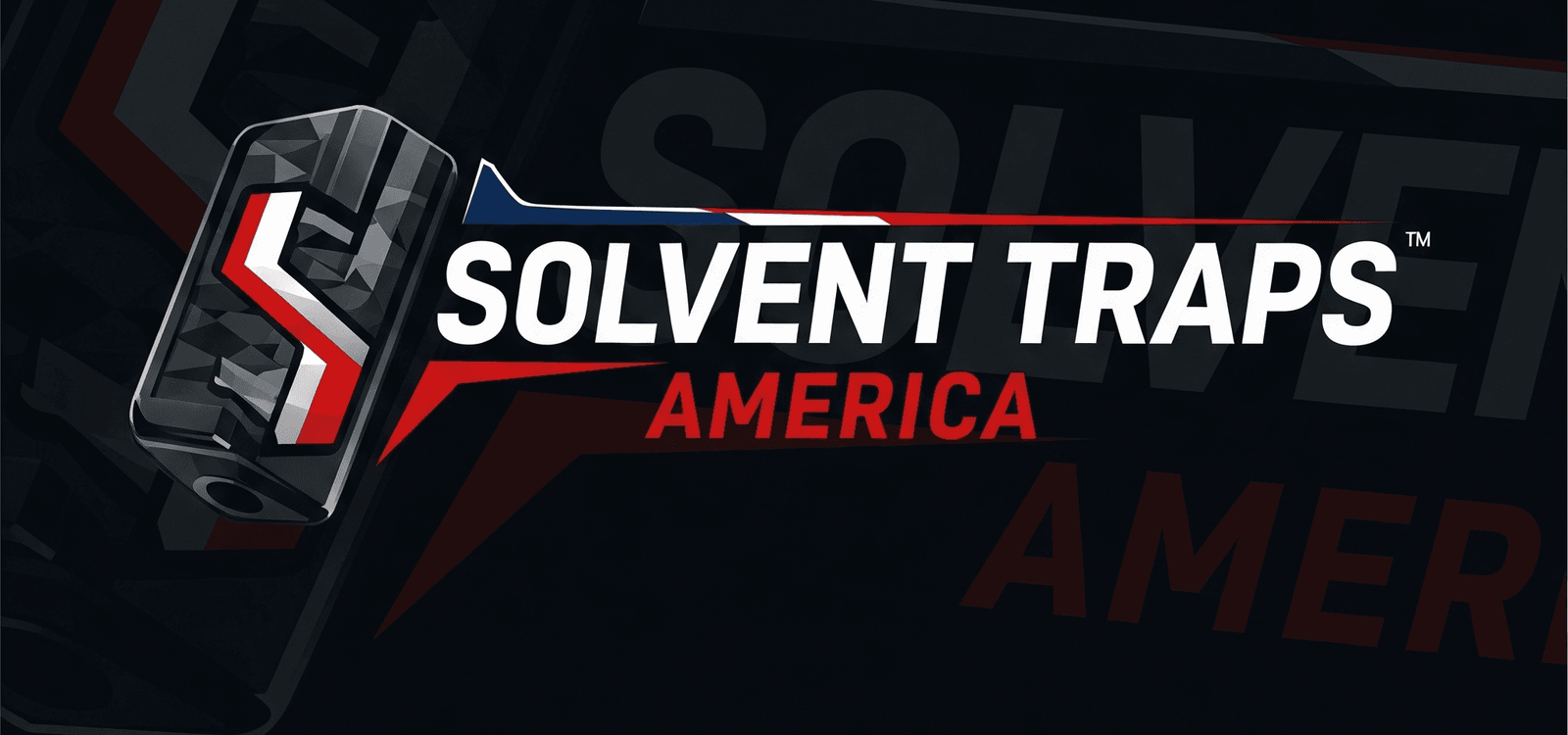
Preparing for Challenges: Beyond the Apocalypse
The word “crisis” can encompass a wide range of situations, from minor inconveniences (like a streaming service outage) to major emergencies. While zombie invasions or alien attacks might be unlikely, it’s wise to consider how we can be more prepared for realistic challenges.
Planning for Practical Scenarios
Focusing on practical skills and knowledge for potential disruptions can be more helpful than prepping for extreme scenarios. Instead of picturing a chaotic fight over limited resources, consider building skills like:
- Cooking: Learning to cook basic meals from scratch, using pantry staples and potentially incorporating some foraged herbs, can be beneficial.
- Gardening: Even a small space can be used to grow vegetables and herbs, providing fresh produce and a sense of self-sufficiency.
- Food Knowledge: Understanding general food preservation methods (canning, drying) and basic nutrition can be valuable in any situation.
Building Resilience: A Gradual Process
Building a healthy lifestyle and learning new skills takes time and effort. Here are some steps you can take:
- Start with small changes: Gradually incorporate healthy foods into your diet, learn a few basic cooking techniques, and consider starting a small indoor herb garden.
- Learn alongside others: Look for community gardening initiatives or cooking classes to share knowledge and resources.
- Focus on what you can control: While we can’t predict everything, we can focus on developing skills and knowledge that can benefit us in a variety of situations.
Embracing a Realistic Approach
While complete self-sufficiency in a major crisis might be unrealistic, being more prepared can offer peace of mind and a sense of control. The key is to be practical, focus on building a healthy lifestyle, and learn skills that can be adapted to different situations.
This revision removes the negativity and focuses on:
- Practical scenarios and skills.
- Gradual steps for building resilience.
- Positive and actionable language.
It’s important to remember that healthy eating habits are always beneficial, regardless of a crisis. By focusing on practical skills and building a foundation of knowledge, we can all be more prepared for unexpected challenges.
